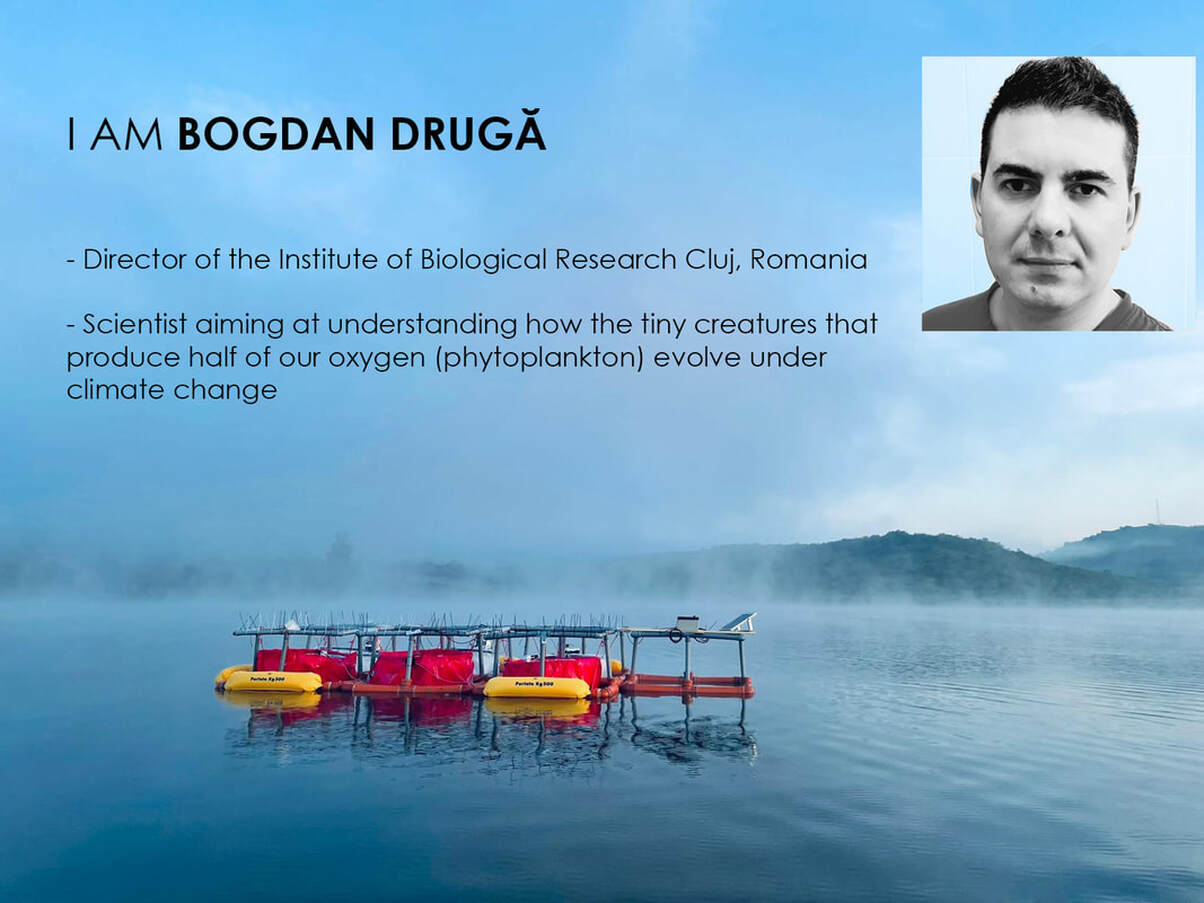Climate change, including warming and increased CO2 concentrations, impacts the fundamental biology of our planet, including the quality of waters and the fate of aquatic organisms. Phytoplankton are single celled photosynthetic organisms that are the base of aquatic food webs. They also produce about half of the oxygen that we breathe. My overarching research interest is to understand how phytoplankton respond to climate change, which is essential for predicting the dynamics of aquatic ecosystems in the future
